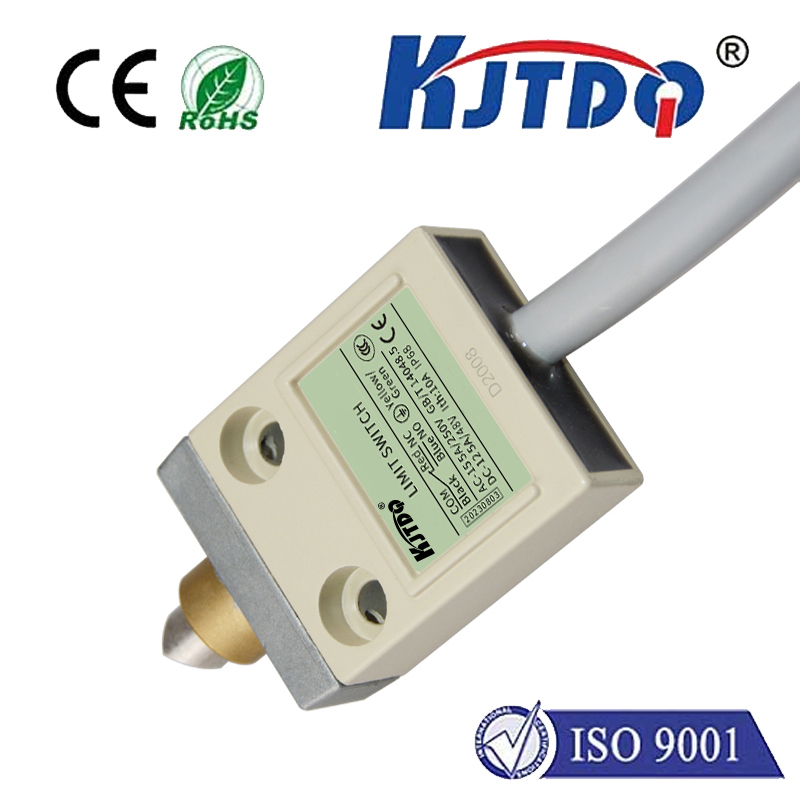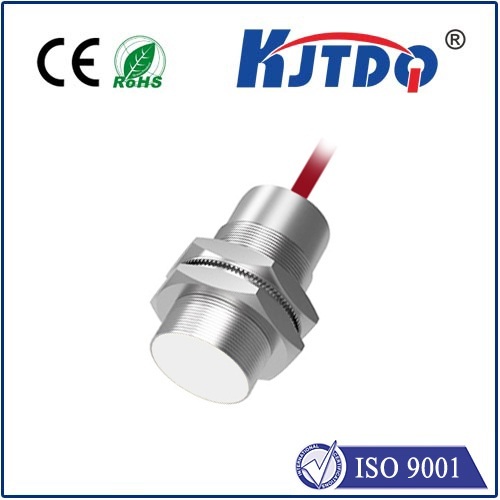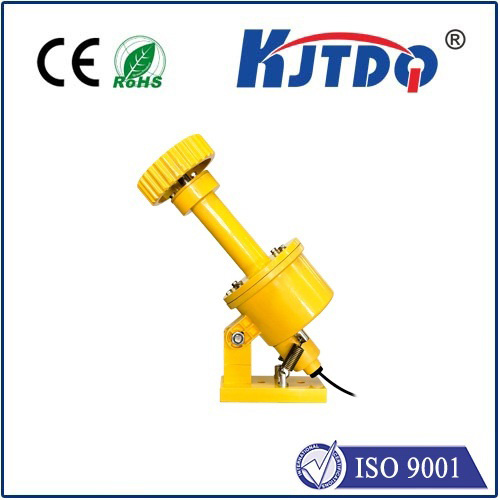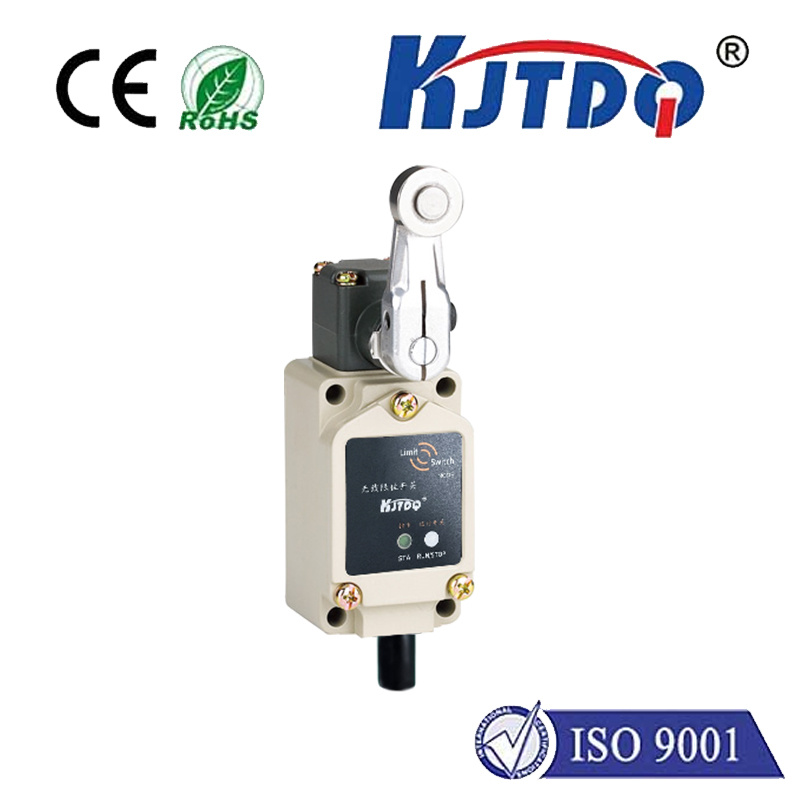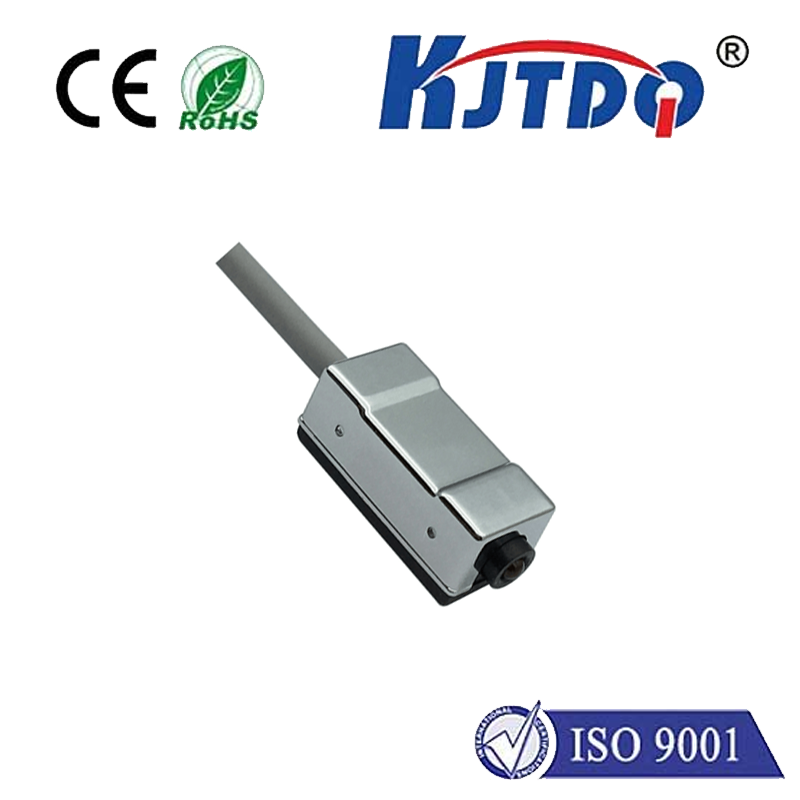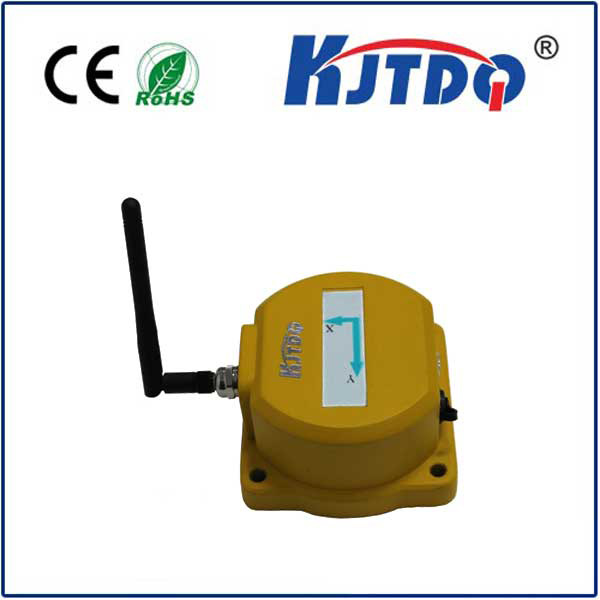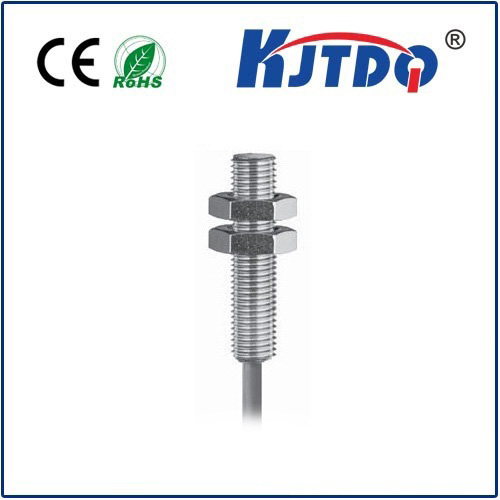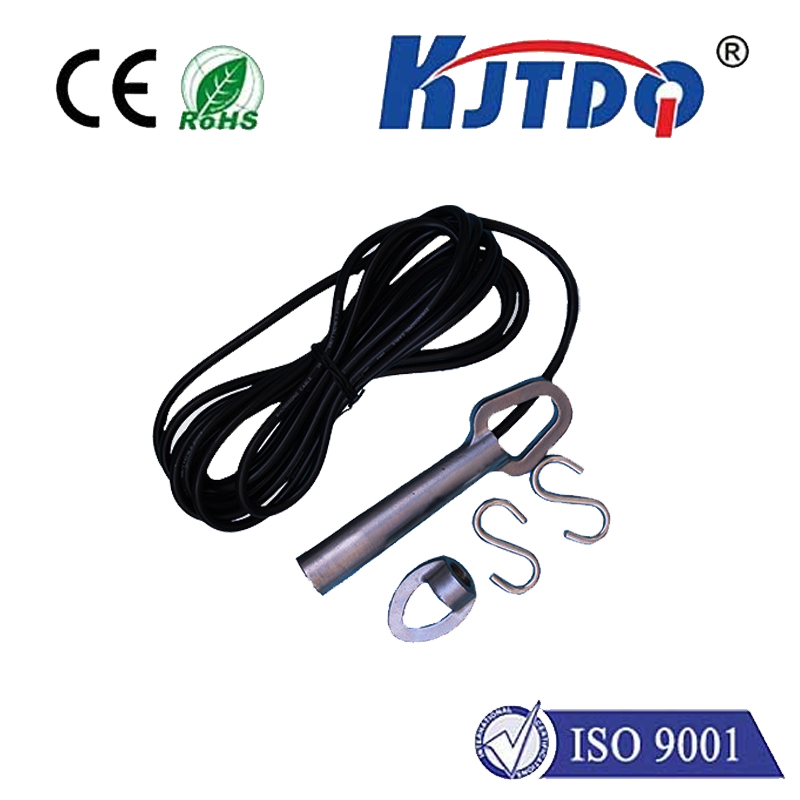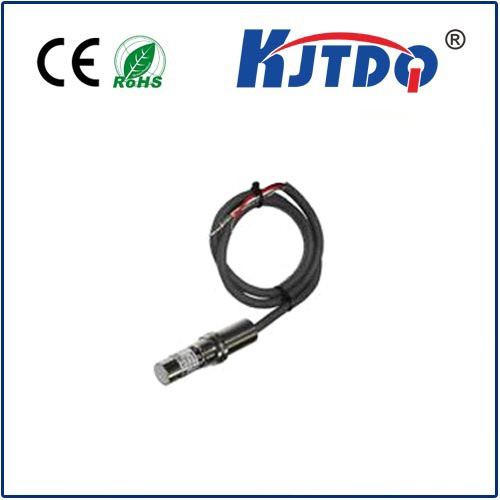

check

check

check

check
FU-78 Optical Fiber Sensor: Enhancing Precision and Reliability in Modern Measurement Systems
In today’s rapidly evolving technological landscape, the demand for high-precision, reliable, and durable measurement systems has never been greater. Among the latest innovations in sensor technology, the FU-78 optical fiber sensor stands out as a revolutionary solution that combines the advantages of fiber optics with cutting-edge detection mechanisms. Designed for applications in industrial monitoring, structural health assessment, and environmental sensing, the FU-78 optical fiber sensor is a key player in the ongoing quest for more accurate and robust measurement technologies.

The FU-78 optical fiber sensor operates based on the principle of light interference and modulation, allowing it to detect minute changes in physical parameters such as strain, temperature, and vibration. Unlike traditional sensors that rely on electronic circuits, the FU-78 uses optical fibers to transmit and receive signals, making it immune to electromagnetic interference and more resilient in harsh environments. This makes it an ideal choice for use in locations where electrical signals may be disrupted or where high levels of noise could affect performance.
One of the most significant advantages of the FU-78 is its high sensitivity and accuracy. The sensor’s design allows it to detect even the smallest changes in the environment, making it particularly useful in applications where precision is critical. For example, in structural health monitoring, the FU-78 can provide real-time data on the integrity of bridges, skyscrapers, and other large infrastructure projects. This capability enables engineers to detect early signs of structural degradation and take preventive measures before failures occur, thereby enhancing safety and reducing maintenance costs.
Another key feature of the FU-78 is its long-term stability and durability. Optical fibers are known for their resistance to environmental factors such as humidity, temperature fluctuations, and mechanical stress. This ensures that the sensor remains functional over extended periods, even in challenging conditions. Additionally, the integration of advanced signal processing techniques allows for accurate data interpretation, even in the presence of noise or interference.
The FU-78 is also compatible with a wide range of communication protocols, making it easy to integrate into existing measurement systems. Whether it’s for use in automated machinery, smart buildings, or industrial automation, the sensor can be seamlessly connected to control systems and data analytics platforms. This flexibility ensures that the FU-78 can be tailored to meet the specific needs of different applications, providing a versatile and cost-effective solution.
In summary, the FU-78 optical fiber sensor represents a significant advancement in the field of sensor technology. Its ability to provide high-precision, reliable, and durable measurements makes it an essential tool in modern measurement systems. With its robust design, advanced signal processing, and compatibility with various applications, the FU-78 is set to play a vital role in the future of precision engineering and environmental monitoring.
